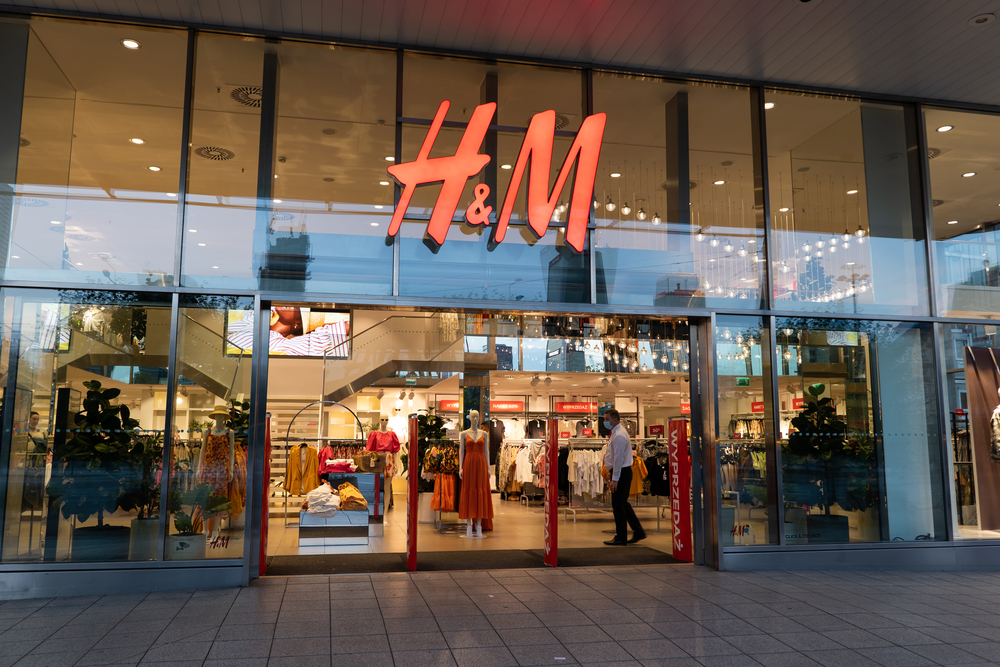Prominent fashion brands are partnering on a groundbreaking financing initiative to expedite the decarbonisation of their global supply chains, which are responsible for approximately 99% of the industry’s total greenhouse gas emissions.
The Future Supplier Initiative, facilitated by The Fashion Pact in collaboration with the Apparel Impact Institute, Guidehouse, and DBS Bank, will offer a collective financing model and technical support to assist suppliers in major manufacturing hubs in transitioning to renewable energy and adopting low-carbon technologies.

Major Fashion Brands Commit to Sustainable Supply Chain Transformation
Furthermore, Bestseller, Gap Inc., H&M Group, and Mango are the founding participants of this initiative. They have committed to an initial program in Bangladesh and plan to expand to Vietnam, India, China, Italy, and Turkey. This initiative aims to overcome barriers that have hindered suppliers’ progress on science-based targets, such as the high upfront costs and lengthy payback periods associated with upgrading to cleaner energy sources.
Therefore, Eva von Alvensleben, head of The Fashion Pact, warned that not taking action on climate change is simply too expensive to ignore. She believes the Future Supplier Initiative offers a powerful chance for fashion retailers to join forces and make a real difference. While this problem is too big for any one company to solve alone, by working together to share the financial burden, potential risks, and overall responsibility of switching to renewable energy, they can usher in a whole new phase of positive change.

In addition, participating brands will work to make loans more affordable to help suppliers cut costs when financing their shift to eco-friendly practices. Partner organisations will provide technical expertise, guide suppliers towards practical solutions, and track progress in reducing emissions.
“Achieving net zero in supply chains demands the swift expansion of low-carbon technologies, innovative financing models, and coordinated efforts by a network of partners to drive adoption,” said Tan Su Shan, Group Head of Institutional Banking at DBS Bank.
In the initial year, efforts will concentrate on pinpointing high-impact factories and formulating technical proposals, with project execution and impact assessment scheduled for the subsequent year. By expanding participation to encompass additional brands and regions, the Future Supplier Initiative strives to assist the industry in meeting its science-based targets by 2030.
In conclusion, the Future Supplier Initiative stands poised to revolutionise the fashion industry’s approach to sustainability. By fostering collaboration among leading brands and suppliers worldwide, they are paving the way for a more resilient and low-carbon future. Together, these fashion giants can drive meaningful change and set a new standard for environmental stewardship in fashion.


